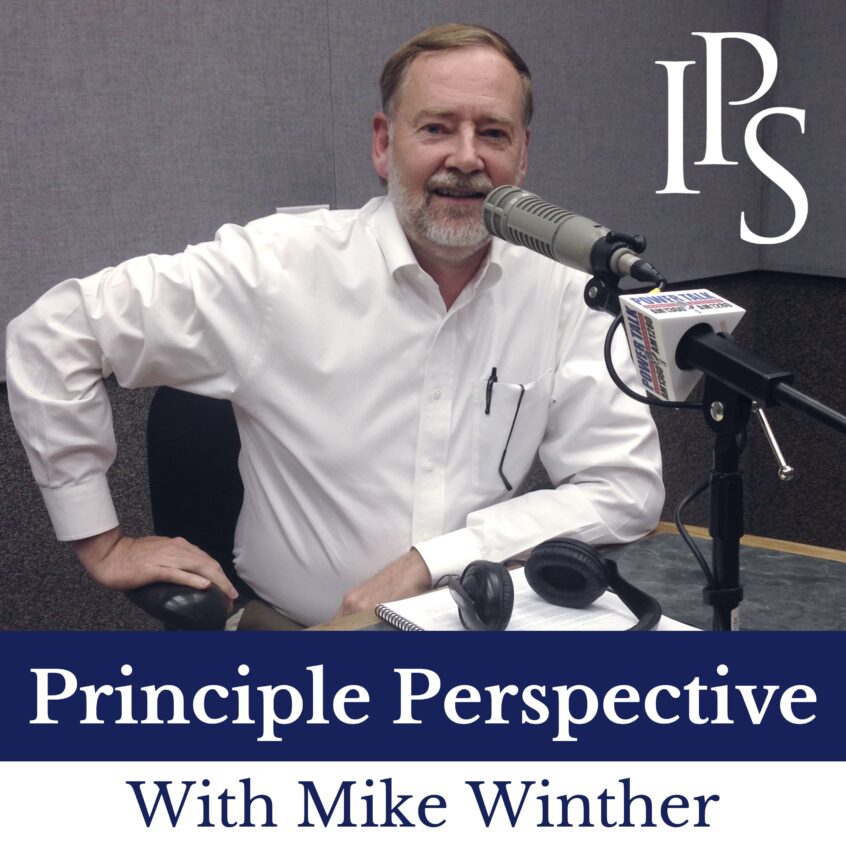LISTEN NOW
In the words of Samuel Adams, one of the fathers of the American Revolution, The natural rights of the colonists are these: first, a right to life; secondly, to liberty; thirdly, to property; and lastly, to support and defend them in the best manner they can.
Our journey began with the theme of origins, followed by the theme of nature. Tonight, we turn our attention to property. We will explore the biblical view of property, define what property is, discuss how we manage property, and debate whether private property should exist.
We dive into the multifaceted concept of property through a lens both ancient and enduring—the biblical perspective. We’ll explore the significance of property, the principles of managing it, and the pivotal question of its ownership. Should there be private property, or not? These are the crucial topics we will dive into tonight as we continue with lectures from Mike Winther’s class on Biblical Principles of Government.
You’ll Learn:
- [01:34] Five government systems: monarchy, oligarchy, democracy, republic, and anarchy.
- [01:57] Communism isn’t a governmental system, it’s an economic system.
- [02:07] There are only two economic systems. These are the free market and socialism. All other economic systems are a subset of these two.
- [02:34] A free market consists of voluntary actions and voluntary trade.
- [03:03] Socialism is an economic system that does have government involvement.
- [03:33] The free market is a voluntary system and socialism is an involuntary system.
- [04:37] The free market consists of voluntary exchange without the government being involved, but there is government enforcement of contracts.
- [05:27] A contract is a non-governmental agreement between two parties. Contracts are made without the government, but the government has a role enforcing contracts.
- [07:15] We have socialism if we have government controlled capital or forced redistribution of wealth.
- [10:15] In America, we have a blended system which is part free market and part socialism.
- [10:56] Karl Marx is the modern father of communism. He wrote The Communist Manifesto.
- [11:27] According to Marx, a communist is a person who wants socialism.
- [12:45] Socialism and communism believe that property is mutually owned. Socialism places limits on private ownership of property.
- [15:26] The redistribution slogan of Karl Marx.
- [16:40] There are political systems and economic systems.
- [27:00] You can tell by the work on the roadways that the government is planning for the future to make it more difficult for people to take private transportation.
- [29:43] We need to ask ourselves if our vote is more public sector or private sector and make a decision about which one we want to support.
- [32:42] Freedom of physical movement is a big part of freedom of speech.
- [35:31] Marx was an advocate of publicly funded schools. Is a public school socialist institution? Who finances it? Redistribution of wealth?
- [37:37] Mike goes back to the island example to show how economic systems work.
- [46:49] Who is hurt the most by a price increase? The poor. That’s goods and services and the price goes up.
Your Resources:
- Books to browse
- Biblical Principles of Government (1a)
- Biblical Principles of Government (1b)
- Biblical Principles of Government (2a)
- Biblical Principles of Government (2b)
- Biblical Principles of Government (3a)
- Biblical Principles of Government (3b)
- Biblical Principles of Government (4a)
- Biblical Principles of Government (4b)
- Whatever Happened to Justice?
- The Communist Manifesto

